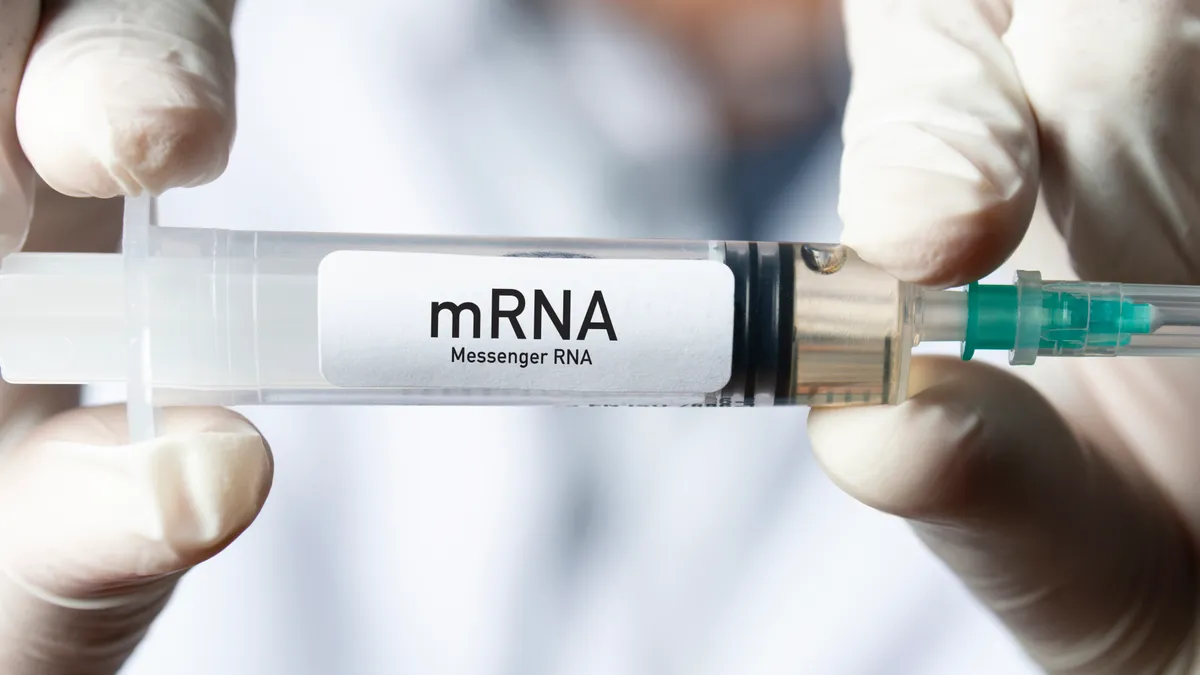November 2005 Lessons to be learned As illustrated by the recent issues surrounding the drug Vioxx, there are times when the desire for marketability of treatments may overlook small but potentially grave safety concerns arising from clinical trials. Of all the important lessons to be learned from Vioxx, perhaps the most crucial is that safety and transparency should be of paramount concern in all clinical trials. A well-implemented clinical trial is the cornerstone of the drug or device development process. Acting on the sponsor’s behalf, contract research organizations (CROs) assume this crucial role, ensuring that all participating study sites are properly monitored, all data entered for evaluation are accurate, all safety concerns are addressed, and all appropriate measures are taken to ensure legitimate, scientifically valid, and corroborated results. In the case of Vioxx, a more focused CRO may have been able to work with the sponsor to detect harmful trends earlier in the trial, possibly saving lives, money, and reputation. The FDA relies heavily on CROs to attest as to whether the drug meets the utmost safety parameters. As such, these organizations hold considerable influence but also bear tremendous responsibility, constantly laying their credibility on the line. A trial must be conscientiously planned, flawlessly executed, and comprehensively reviewed; mistakes during the development process can mean the ultimate failure of any medication for regulatory approval. In perhaps no other category is safety of more concern than in cardiac conditions. Despite a wealth of new developments in the treatment of cardiovascular disease, heart disease is still the No. 1 killer of Americans. With heart disease, the CROs most able to ensure patient safety and treatment efficacy will lead the medical community in the quest to increasingly advanced medicine. A CRO that does its job well ensures that data collected from research are accurate and reliable and allow life-enhancing therapies to reach patients who need them as quickly as possible. Bruce Garrett Chief Medical Officer Medifacts International A call for HBA Woman of the Year Nominations Nominations for the healthcare industry’s highly prestigious Woman of the Year Award, sponsored by the Healthcare Businesswomen’s Association (HBA), are being accepted through December 16. Forms are available by visiting the HBA Website at hbanet.org, or nominating letters can e-mailed to [email protected] or mailed to the HBA. The recipient of the 2006 award will be the 17th HBA Woman of the Year and will be honored along with the sixth Honorable Mentor and seventh Star Volunteer on Wednesday, May 10, 2006, at The New York Hilton, at which up to 2,000 men and women from all areas of the healthcare industry are expected to attend. The HBA’s Woman of the Year exemplifies admirable qualities of leadership and determination along with successes and achievements that are the results of hard work, vision, and a strong commitment to her profession. Through her notable actions and demeanor, the HBA Woman of the Year continually encourages those around her; is an asset to her company, colleagues, and community; and is a driving force in the healthcare industry. The HBA Woman of the Year selection is based on several criteria, which will be considered by the Woman of the Year selection committee during its deliberations: success in the healthcare industry, strong leadership capabilities, proven mentorship, and contribution to the community-at-large. These criteria are by no means intended to limit the committee’s discussion and are not listed in order of priority. Barbara Pritchard HBA President President of Intermedica Inc. and The Pritchard Group LETTERS The Critical Role of Clinical Research Organizations Of all the important lessons to be learned from Vioxx, perhaps the most crucial is that safety and transparency should be of paramount concern in all clinical trials. — Bruce Garrett
An article from


Raise Your Voice -- Letters
Filed Under:
Research & Development









